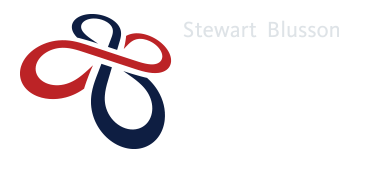

Events
Event Overview
Pursuing gravitational waves with Advanced LIGO
Speaker: Michael Landry (LIGO observatory), for the LIGO Scientific Collaboration
Date & Time: February 6, 2014 16:00 - 17:00
Location: UBC, Hennings 201
Local Contact: Bill Unruh, Robert Raussendorf
Intended Audience: Undergraduate
The Laser Interferometer Gravitational Wave Observatory (or LIGO for short) will detect gravitational waves with second-generation interferometers. At the two observatory sites (Hanford WA and Livingston LA), we have been installing Advanced LIGO detectors since Oct 2010, and are nearing completion. Much work remains, including resonating light in all optical cavities (“first lock” of the interferometers), noise hunting, and the making of initial observation runs. The point of this effort is to detect gravitational waves emitted by energetic astrophysical phenomena such as the coalescence of neutron stars or black holes, the spinning of compact objects such as pulsars, or the formation of these objects in supernovae. With detections, an era of gravitational wave astronomy will commence. In this talk I will sketch the status of Advanced LIGO and the prospects for the near future, which includes first science runs in 2015 and 2016, runs that have the potential to provide the first direct detection of gravitational waves.